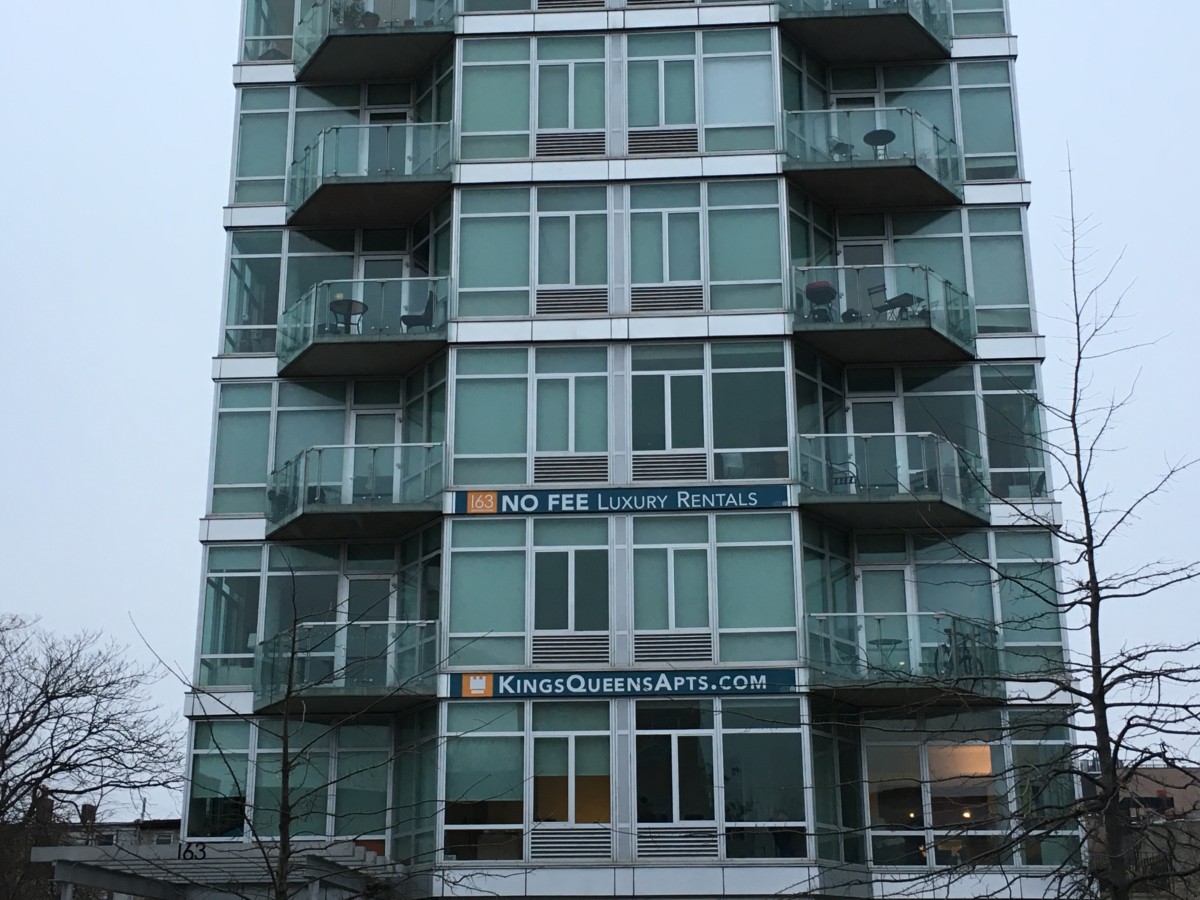A shiny new condominium development is a familiar site in Brooklyn today. And with rents continuing to rise across the borough, many of these buildings come with a promise—to provide some affordable housing along with the more expensive units.
The incentive to include such housing comes from 421-a, a New York City law that provides tax exemptions to buildings that provide affordable housing. There is only one problem, though: Far too often these buildings never actually end up providing those affordable apartments.
This past month two members of the City Council, Stephen Levin and Jumaane Williams, introduced two bills designed to help curb this problem. Together the bills would increase oversight of the 421-a tax program by auditing certain percentages of the buildings that claim to provide affordable housing to the city. Both bills are still in committee, and if passed would take effect in 2018.
The 421-a exemption has its roots in the dark days of 1970’s New York, when it was initially designed as an incentive to developers to generate residential construction in the aftermath of de-urbanization and “White Flight” out of the city in the 1960s. It is now used to theoretically entice developers to include affordable housing in their buildings. In Brooklyn, any rental, co-op, or condominium of three or more units that agrees to set aside 20% of its units to be rented at below-market rates is eligible for property tax breaks under 421-a. The tax breaks can last up to fifteen years from the start of construction. For developers, this can mean saving millions dollars annually on property taxes.
Unfortunately, many of these buildings end up renting these so-called affordable units at market rate anyway, and until recently there was little in the way of monitoring or accountability for 421-a eligible developments.
The situation has begun to draw the attention of Mayor Bill de Blasio, who has made affordable housing a main focus of his administration. “It’s outrageous that property owners accept tax breaks and then simply chose to ignore their legal responsibility,” said the mayor in a December 6th press release. These failures to comply with the tax laws are coming at a large cost to the city, as well. In 2016, 421-a tax breaks totaled $1.2 billion.
Monitoring 421-a buildings is the responsibility of the city’s Housing and Preservation Department (HPD). “We have taken significant enforcement measures recently,” says HPD’s press secretary, Juliette Pierre-Antoine. Between the sheer number of buildings applying for the tax credit and the HPD’s relatively small budget and staff, though, many developments that avoid full compliance with the law simply go unnoticed. A report issued this year by Attorney General Eric Schneiderman’s Real Estate Finance Bureau found that only 77% of buildings benefitting from the 421-a tax credit were providing the full number of affordable housing units in their properties that they were required to.
The legislation put forward by Councilmen Levin and Williams are the latest steps in an effort to ensure total compliance with the 421-a laws by real estate developers. Together, the two bills—1336 (Levin) and 1359 (Williams)—would have the HPD auditing 20% of 421-a buildings annually. “We must hold landlords accountable,” said Councilman Levin. “It’s unconscionable that property owners are receiving millions in tax breaks to provide community benefits and are instead charging rents that push New Yorkers out of their homes.”
“The 421-a tax abatement has the potential to be a win-win for developers and hard-hit New Yorkers in need of affordable housing. This has not been the reality,” said Councilman Williams in a press release, “We must ensure there are safeguards in place and investigations conducted to guarantee they hold up their side of the deal.”
In addition to the recently proposed legislation, the HPD says it has begun cracking down on 421-a enforcement on many of the buildings identified by Attorney General Schneiderman’s report. In November, 178 buildings were notified by the HPD that they had 90 days to begin complying fully with the affordable housing parameters of 421-a or they would lose their tax credit. HPD Commissioner Vicki Breen called it a “shot across the bow at landlords who don’t play by the rules.”
With rents and construction costs at an all time high in Brooklyn, many developers still point to 421-a as a necessary tradeoff for providing some amount of affordable, below-market apartments. With so many supposedly affordable housing units failing to materialize, however, it is increasingly clear that 421-a needs some serious teeth. “Enough is enough,” said Mayor de Blasio. “Building owners who fail to comply will lose the benefit.”


Leave a Reply